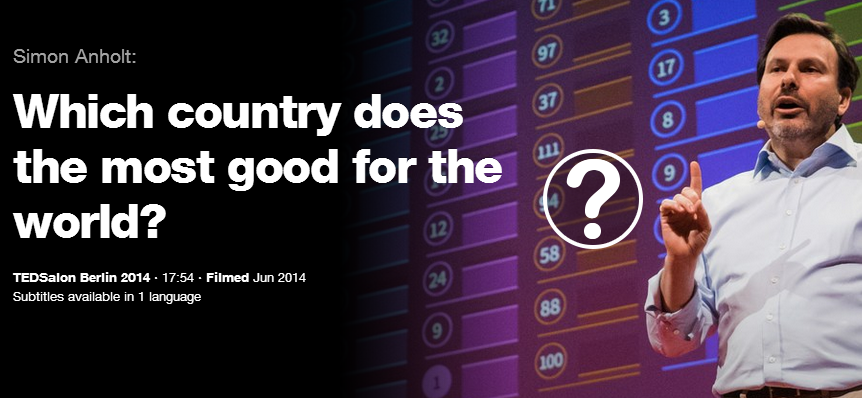By Leo Babauta
Start by admitting that greatness doesn’t come from the distraction and busywork that often fills up our lives.
It comes from making a difference in the world.
Now consider how you can make a difference in the lives of others. Consider your current work, which perhaps already makes a difference — how can you refocus yourself on this work? Or consider creating a side project, and carving out the time for this.
Be the example of compassion for others around you.
Know that it doesn’t matter if you achieve the compassionate result you set out to achieve — what matters is the intention to improve the lives of others. You can’t control the result, but you can control the intention.
And you can show up, every day. With that intention.
Carve out the time. Put aside everything else. Realize that this life is limited and precious and amazing, and you shouldn’t waste a minute of it.
Pursue this compassionate work with single-minded devotion. This one thing matters, and all else can be put aside for now, unless it’s in support of your work. (Good health supports your work, including a whole-foods diet, exercise, and sleep.)
Practice until you’re amazing.
This compassionate work, with good-hearted intention, pursued with single-minded devotion: this is greatness.






